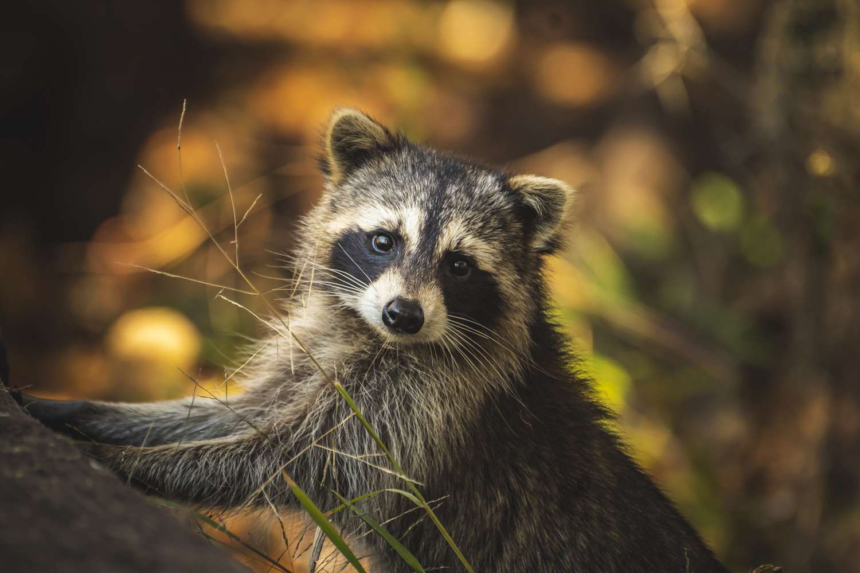While it may appear that you are assisting, feeding wild raccoons may result in their premature death, according to experts.
Dangers Of feeding cute raccoons : Introduction
In the age of viral videos and social media, it’s hard to resist the charm of bandit-masked raccoons munching on marshmallows or enjoying homemade lasagna. However, behind the seemingly innocent allure of these creatures lies a dark reality, as experts warn that feeding wild raccoons can have dire consequences for both humans and the animals themselves.
However, behind the seemingly innocent act lies a dark reality, as wildlife experts caution against feeding these bandit-masked mammals. Despite their fluffy appearance, feeding raccoons can lead to a host of problems, from aggression and diseases to untimely deaths.
ALSO READ : Heartfelt Reunion : Bonobo Remembers Sister After 26 Years
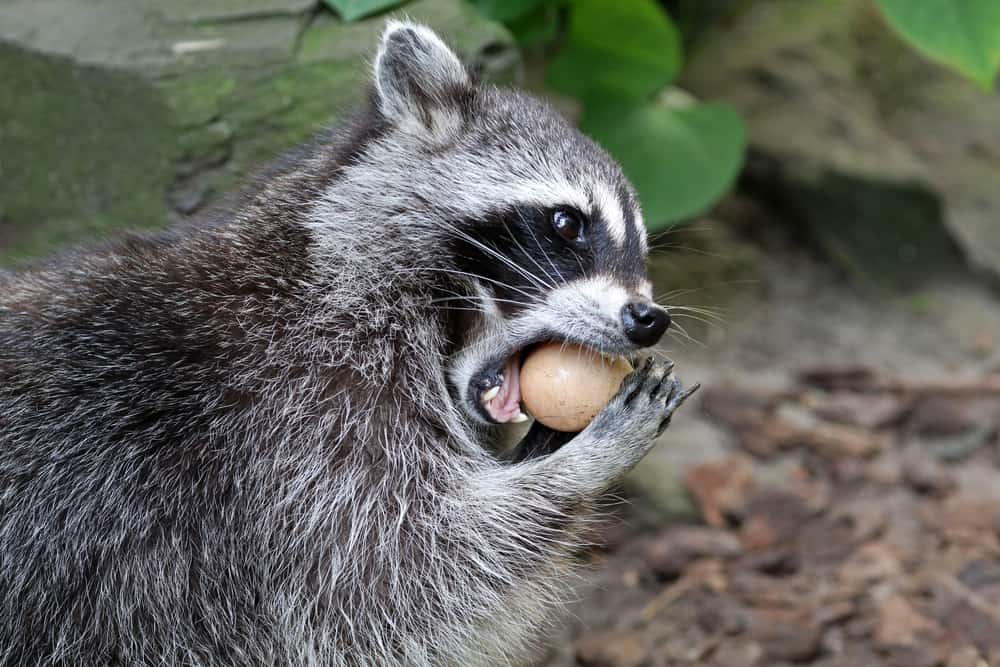
The downward spiral of feeding wildlife
Wildlife biologist Jeannine Fleegle from the Pennsylvania Game Commission emphasizes the problems associated with feeding wild raccoons. The seemingly harmless act can lead to habituation, where animals become overly comfortable with human presence, potentially resulting in aggression towards people, pets, and even neighbors who may not share the same fondness for these creatures.
Fleegle highlights the dangers of raccoon bites, citing a study that reported over 1,300 Americans sent to the emergency room due to raccoon bites between 2001 and 2004. The concern goes beyond physical harm, as raccoons carry various diseases, including rabies, parvovirus, distemper, roundworm, and leptospirosis. These diseases pose risks not only to humans but also to pets.
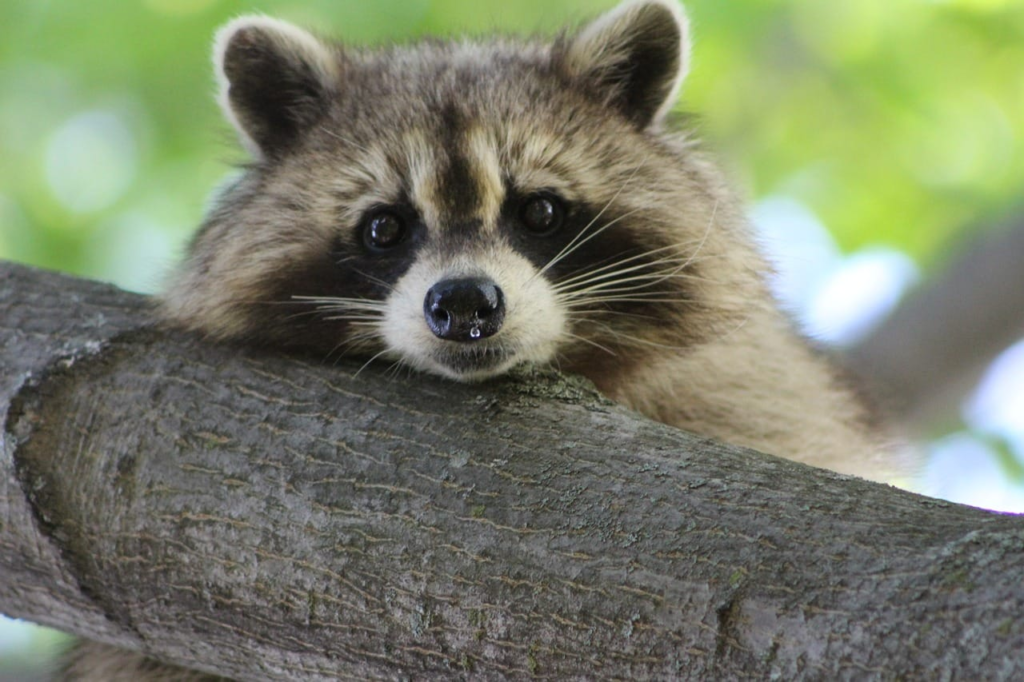
The perils of aggressive behavior
Raccoons, despite their cute appearance, possess sharp teeth and a powerful bite that can cause serious harm. Fleegle highlights that between 2001 and 2004, raccoon bites led to over 1,300 emergency room visits in the United States. Beyond physical harm, the transfer of pathogens during bites poses a more significant threat, with diseases such as rabies, parvovirus, distemper, roundworm, and leptospirosis being potential hazards.
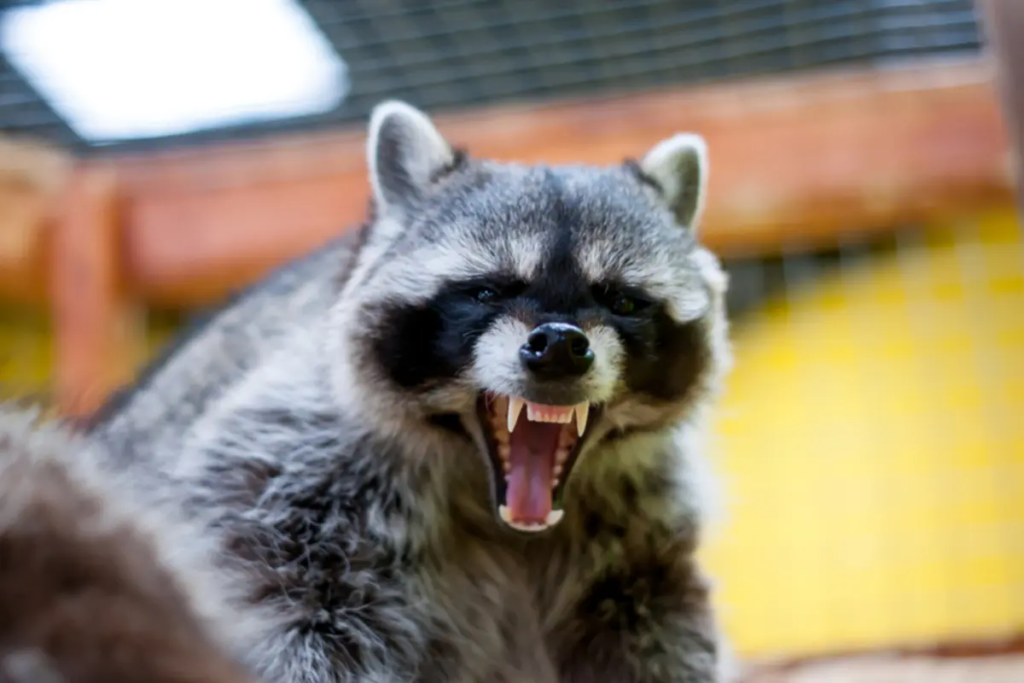
The domino effect of feeding
Feeding wildlife not only endangers humans and their pets but also contributes to the spread of diseases among the animals themselves. Increased congregation due to feeding leads to heightened aggression and competition, resulting in injuries and stress that compromise the animals’ immune systems. The unintended consequence of well-intentioned feeding can create a domino effect of illness and harm.
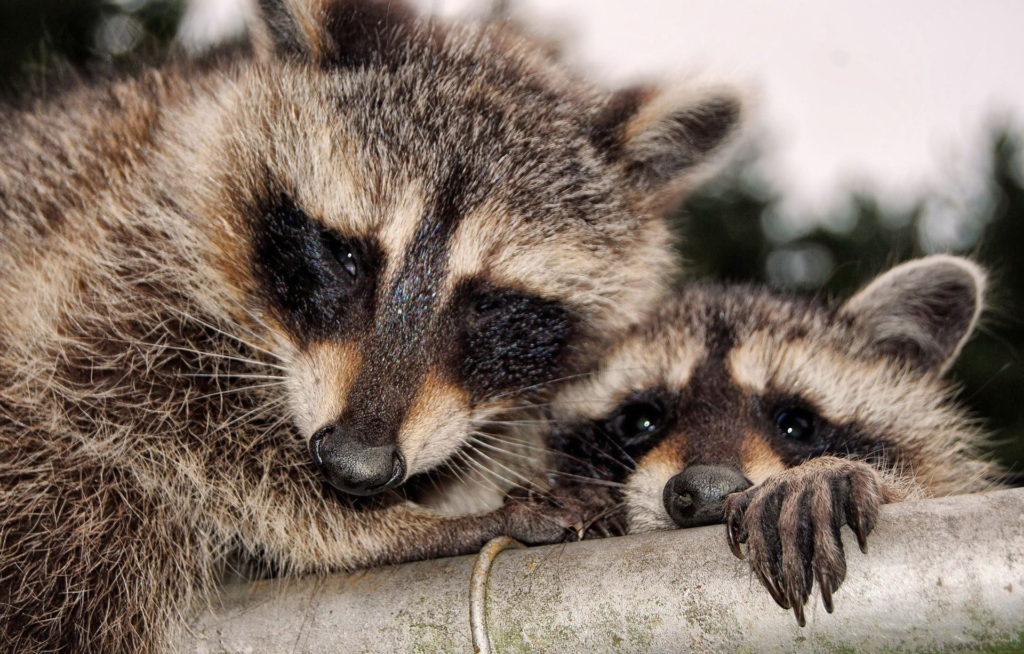
Survival instincts of wildlife
Contrary to popular belief, wildlife, including raccoons, are well-equipped for survival in their natural environment. Fleegle stresses that these creatures have evolved over millennia, and interfering with their natural instincts may do more harm than good. While the urge to help is understandable, it’s essential to recognize that wildlife does not need human intervention for survival.
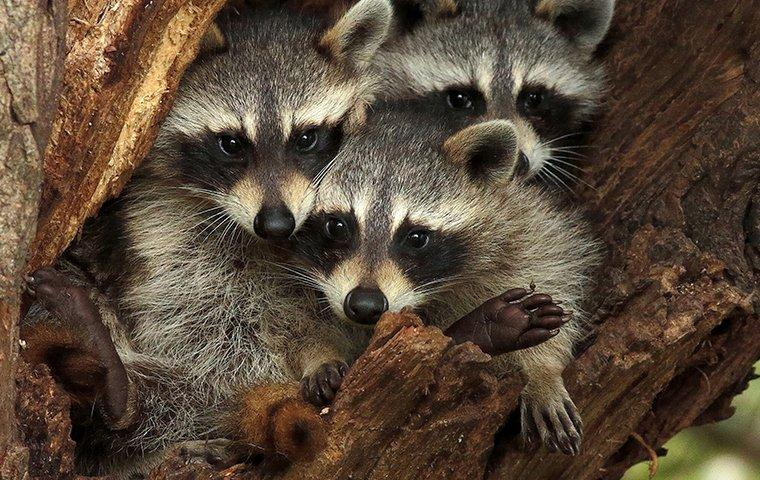
The grim reality
In the unfortunate event of a raccoon causing harm to a person, the only way to determine if the animal carries diseases like rabies is through euthanization and examination of the brain. This raises a critical question: are people truly helping these animals, or are they inadvertently contributing to their demise?
Fleegle leaves us with a stark reminder that good intentions can have grave consequences. Feeding raccoons might seem like a kind gesture, but it poses risks not only to humans but also to the very creatures people are trying to help. The message is clear: it’s time to appreciate wildlife from a safe distance and let them thrive in their natural habitats without interference.
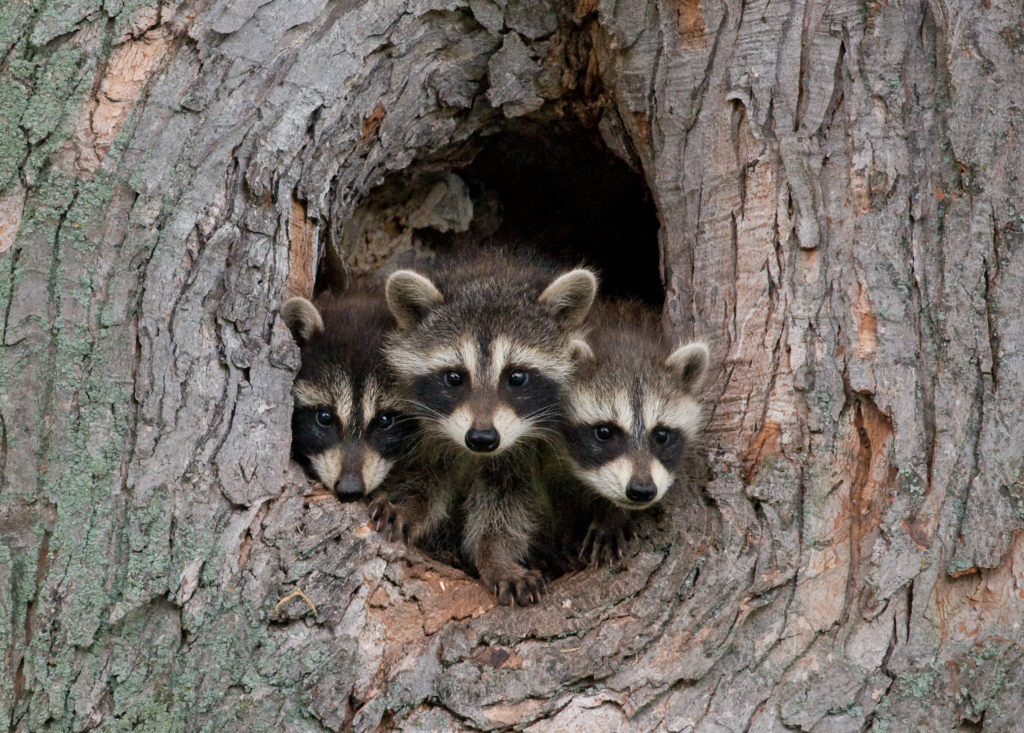
Conclusion
Feeding raccoons might seem like a harmless act of kindness, but the hidden dangers are far-reaching. From the risk of aggressive behavior to the transmission of potentially deadly diseases, the unintended consequences of such actions are severe. Wildlife experts like Jeannine Fleegle urge people to reconsider the impulse to feed raccoons and instead appreciate these creatures from a safe distance, allowing them to thrive in their natural habitat without unnecessary human interference.
To explore more news : Click Here
ALSO READ : Christmas 2023 : Why Christmas Tunes Easily Become Ingrained In Your Mind, Evoking Joy & Festive Warmth







